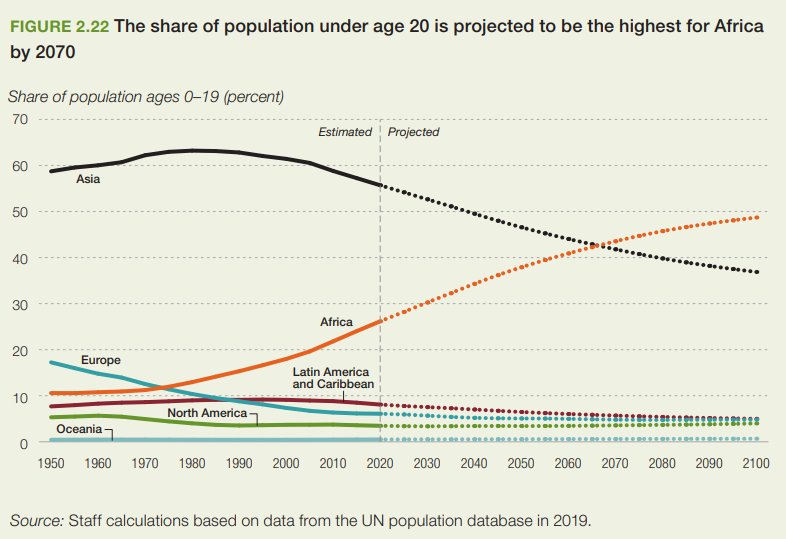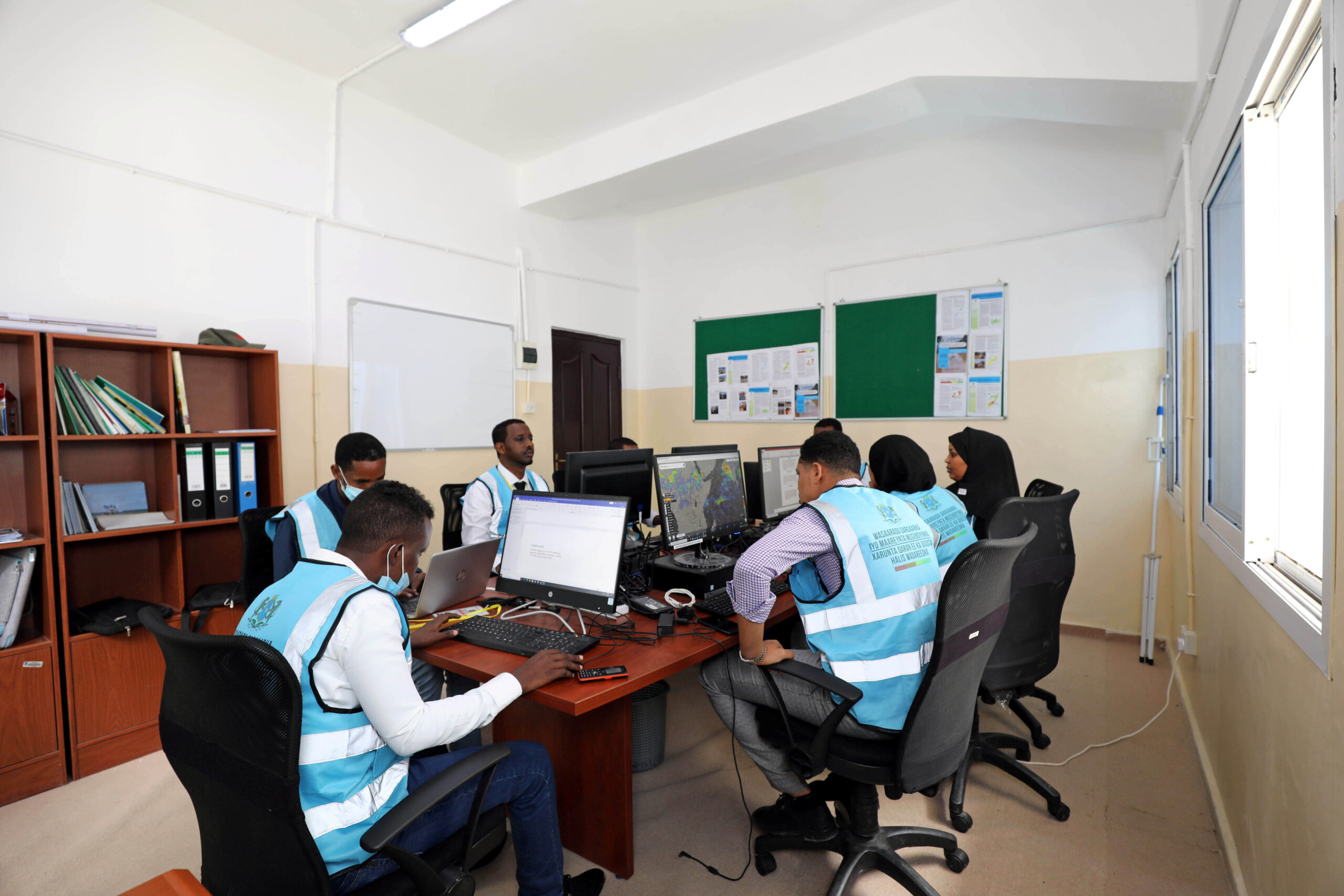- Posted on
- Ashraf
- No Comments

- Africa’s under-20 population is projected to be the continent’s largest age cohort by 2070.
- So it’s vital that young people are offered the tools to be successful in a digital-first economy, writes the African Development Bank’s Hanan Morsy.
- Only when Africa can close these education gaps, and set up its society for a digital overhaul, will it reap the benefits of new technologies.

But to capture this demographic dividend, African countries must overhaul their education systems to prepare for the coming technological revolution. While automation could increase skills premiums and exacerbate income inequality, it also could increase productivity and create new occupations. As such, the 4IR represents a unique opportunity for African countries to leapfrog over development hurdles with the help of technology.
The 4IR will heavily influence which skills are needed in the labor market. Around the world, demand is evolving toward adaptable social, behavioral, and non-repetitive cognitive skills, and away from routine tasks and narrow skills tied to specific jobs. In Africa, demand for software engineers, marketing specialists, writers, and financial advisers is rising, whereas demand for mechanical technicians, administrative
assistants, and accountants is falling.

Developing such skills starts in early childhood. In addition to strengthening education, African countries need to increase investment in nutrition, health, and social protections for children. Sadly, Africa is home to one-third of the world’s stunted children under age five, and that number is still rising. Yet the link between nutrition and a workforce’s cognitive capacity is clear. Governments that invest in better nutrition, particularly for the first 1,000 days from conception to age two, will see far-reaching economic – as well as humanitarian – returns.
